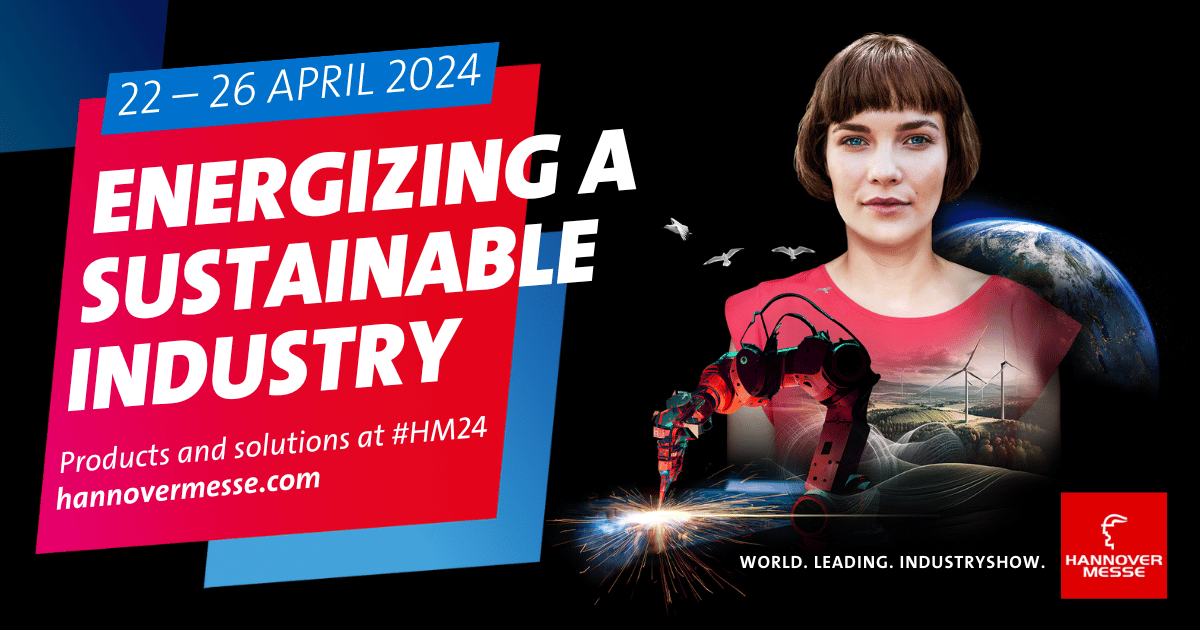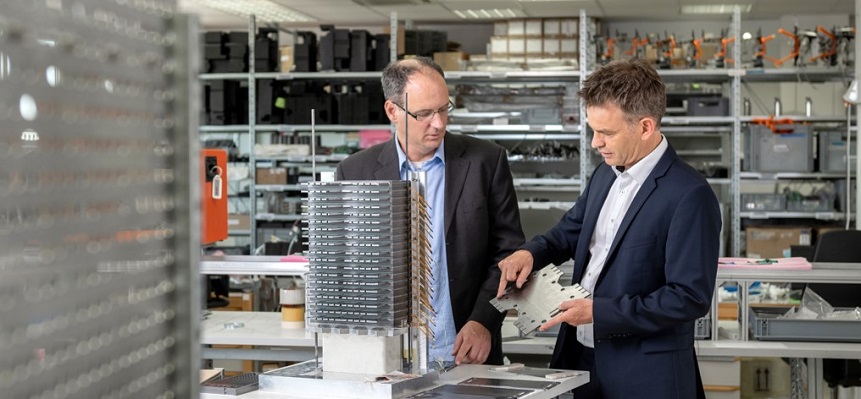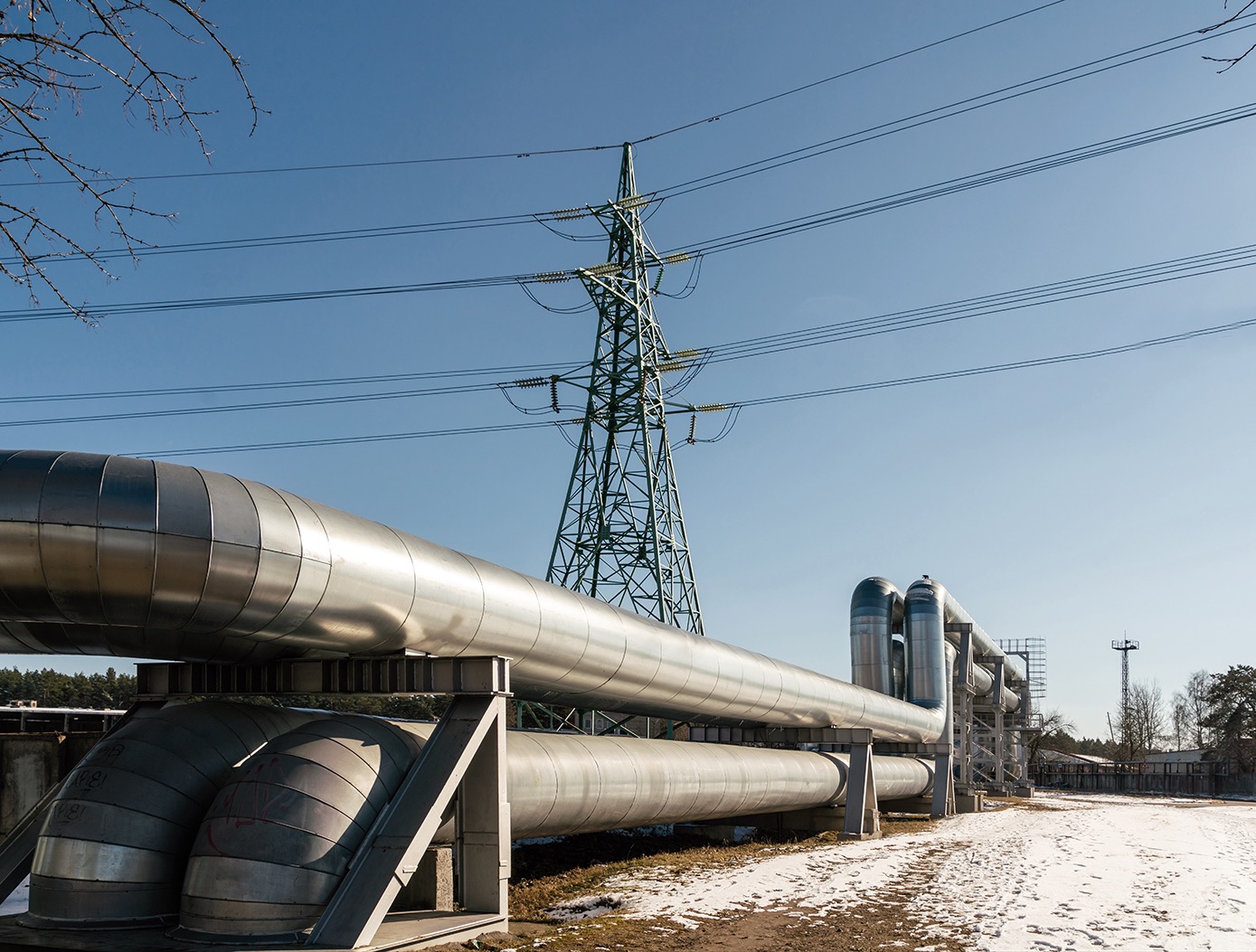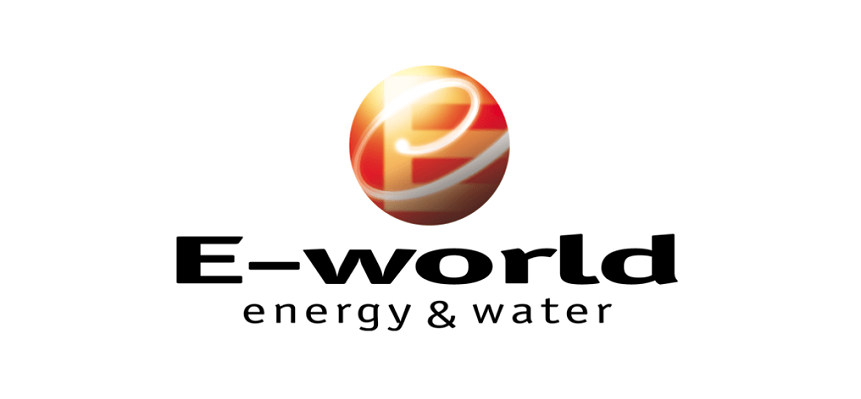- Electrochemical hydrogen separation as an ideal approach
- H2 production from ” waste” streams and natural gas is the subject of promising research projects
Munich, August 3rd, 2023 – The federal government’s decision to establish hydrogen technologies as a core element of the energy transition finally gives the hydrogen industry the green light to push ahead with the targeted development and expansion of production capacities. In the opinion of the Munich hydrogen experts at Siqens GmbH, in addition to the electrolysis preferred by the federal government, much more attention should be paid to alternatives that are far more economical. “Not only that the demand cannot be met with the domestic electrolysis target of 10 gigawatts, but also that electrolysis requires a lot of electricity, is expensive and complex, underlines the need to use alternative technologies,” explains Siqens CEO, Dr. Thomas Klaue out.
Processes such as the separation, cleaning and processing of hydrogen are ideal for ensuring the production and supply of hydrogen in an economical and decentralized manner. “Electrochemical hydrogen separation is the answer to the key challenges of a cost-effective hydrogen infrastructure, on-site hydrogen production or the development of unused hydrogen resources,” explains Klaue. For example, the amount of electricity used per kg of hydrogen in electrochemical hydrogen separation is only 10% compared to the electrolyser – a process also offered by Siqens, with which the company is in great demand on international markets.
But the production of hydrogen from biomass and non-biogenic waste should receive more attention. “In principle, there is the possibility of obtaining hydrogen from various waste streams, specifically from biomass and non-biogenic municipal and industrial waste,” says Klaue, pointing out that promising projects from industry and universities are already underway in this area – that’s how it became recently signed a memorandum of understanding with the Landshut University of Applied Sciences.
With such and similar cooperations, a key goal of the hydrogen strategy of the federal government could be implemented: to strengthen German companies and their competitiveness by promoting research and development and the export of technology related to innovative hydrogen technologies.
About Siqens:
SIQENS, founded in Munich in 2012, develops and produces methanol fuel cells. The devices are used for the emergency power supply of critical infrastructure and in places without a fixed connection to the power grid.
The SIQENS Ecoport fuel cell system is operated with liquid, readily available methanol. Hydrogen is obtained from the methanol in the Ecoport . This reacts with oxygen in the SIQENS stack and generates electrical energy. In conjunction with a battery, which the Ecoport automatically recharges when required, an EcoCabinet is created as a reliable power source.
In contrast to diesel generators, fuel cells are economical, require little maintenance and emit neither fine dust nor nitrogen oxides and significantly reduced CO2 emissions. Methanol from regenerative sources even enables completely climate-neutral operation.






